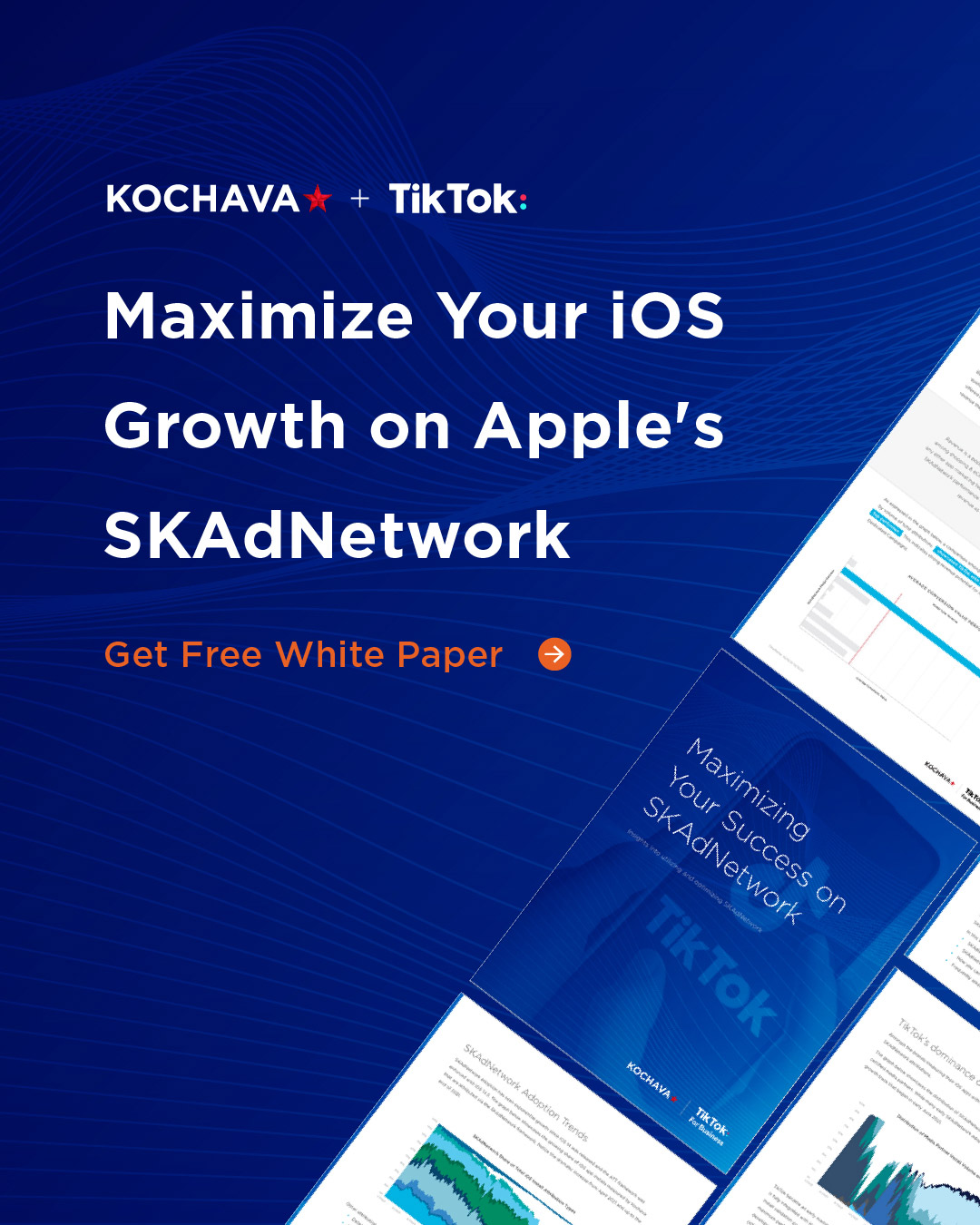Based in Torino, Italy, the UN System Staff College (UNSSC) has been running courses and delivering learning initiatives to United Nations personnel for more than a decade, reaching on average 7,000 beneficiaries across the globe each year. Through its programmes and services, the UNSSC can assist UN organizations and their staff to develop the skills and competencies needed to meet the global challenges faced by the UN.
Created by the General Assembly to improve the UN systemês effectiveness, the UNSSC is in the unique position to act as an agent of change and innovation from within the system itself by helping to build a more effective and responsive team of leaders and a more cohesive management culture. We believe that by learning as one and by sharing knowledge, UN staff become better equipped to deliver as one unified and coherent system, rather than as a fragmented body of institutions with different mandates.
To this end, the UNSSC offers a wide range of learning and training opportunities for UN organizations, including:
- Residential workshops, seminars and training courses
- Distance learning initiatives
- E-learning and research in lessons learned and good practice
- Awareness-raising projects
- Advisory services
- Coaching and mentoring services
- Tailor-made projects and technical support
- Publications
- Company Name:United Nations System Staff College (unssc)
(View Trends)
-
Headquarters: (View Map)Turin, Italy
-
International Affairs
-
10 - 50 employees
- 350789 Global Rank
- 312708 United States
- 106 K Estimated Visits
-
Direct53.72%
-
Search33.19%
-
Social7.50%
-
Mail3.01%
-
Referrals2.58%
-
Display0.00%
-
17.93%
-
13.43%
-
10.97%
-
6.22%

- United States 100.0%
- Quality Control and Tracking
- 10 SDKs
- 0 Total reviews

- App Url: https://itunes.apple.com/app/united-nations-system-staff-college-unssc-/id995216560
- App Support: http://www.unssc.org
- Genre: Education
- Bundle ID: org.unssc.UNFacilitatorsCookbook
- App Size: 18.7 M
- Version: 1.0
- Release Date: May 29th, 2015
- Update Date: April 12th, 2020
Description:
The UN’s Facilitator’s Cookbook is a community effort by UN trainers and facilitators for fellow colleagues. It contains a collection of training methodologies and tools -i.e. “recipes” - that contributors to this collection have at some point in their careers found helpful to design, manage and/or evaluate learning processes.
Far from being exhaustive, the list of “recipes” presented therein - for which the UNSSC claims no ownership - are categorized through key entries such as, inter alia, duration, aim and audience. Besides the “Directions for use” each facilitation technique is accompanied by a “Chef’s Review”, a valuable opinion on its usability given by an actual user in the UN context. The category “Reference” further complements the description of techniques by leading interested users to additional resources.



They are headquartered at Turin, Italy, and have advertising & marketing contacts listed on Kochava. United Nations System Staff College (unssc) works with Advertising technology companies such as Facebook Custom Audiences, LinkedIn Ads, DoubleClick.Net, AppNexus, AppNexus Segment Pixel, Bizo, Drawbridge, FLoC Opt-Out, FLoC.





